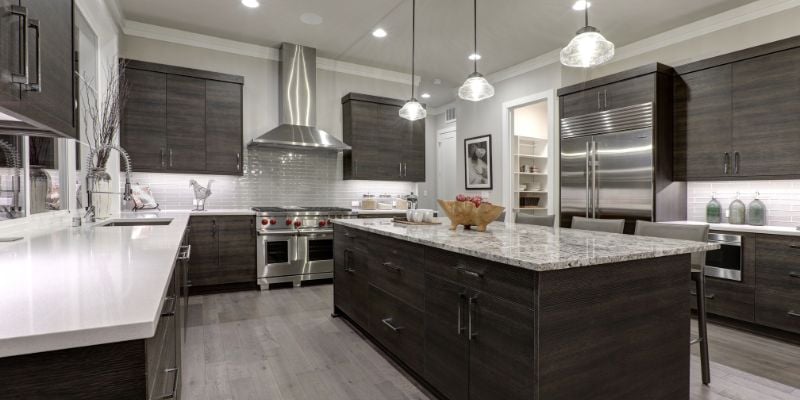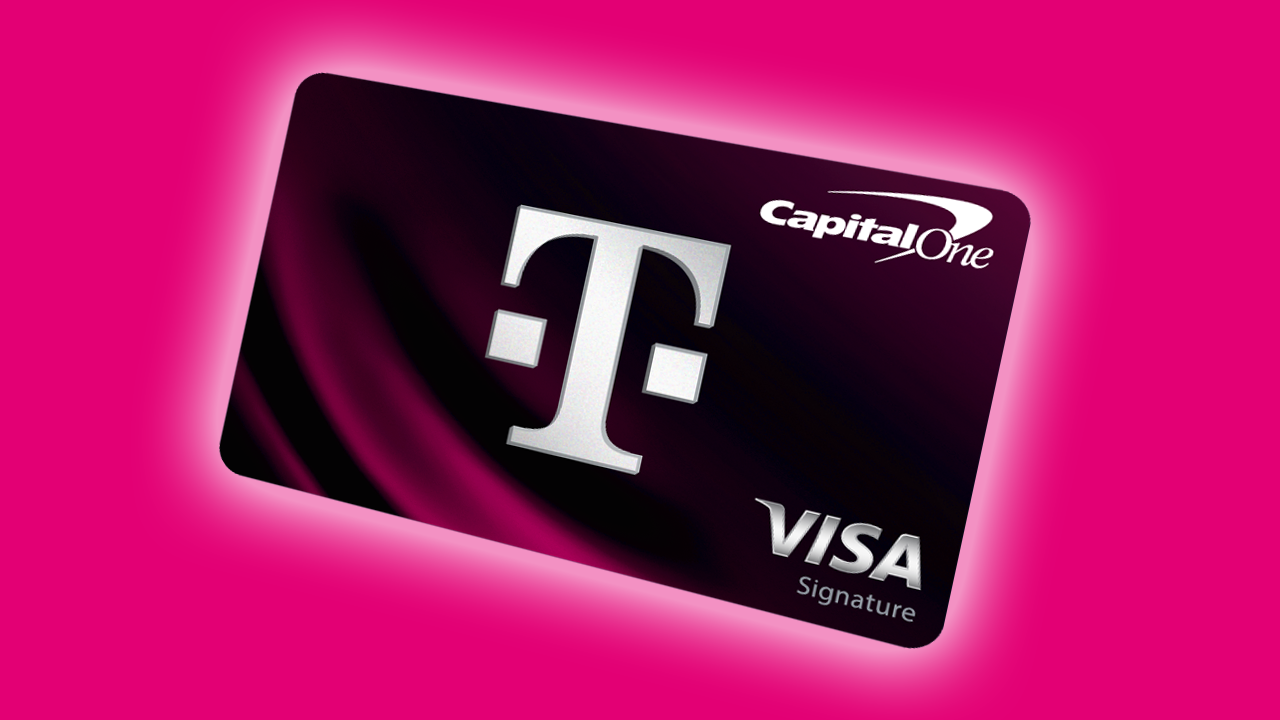As home values have increased in VT and NH in the last few years, you may have more equity in your home than you think. That equity can be borrowed against with a Home Equity Line of Credit (HELOC), or a Home Equity Loan to fund home improvements and renovations. Keep reading to learn about the differences between these two types of home financing, what they are best used for, and what to consider before applying.
Differences between a HELOC vs Home Equity Loan
A HELOC, or home equity line of credit, is a type of loan that allows homeowners to borrow against the equity they have built in their home. To estimate your current home equity, subtract your mortgage balance (as well as any other home loans) from your home’s market value.
Opening a HELOC means having access to a certain borrowing limit (usually up to 80% of your home’s value). HELOCs work like a credit card, where the borrower can access funds as needed, make payments towards the balance, and use the HELOC again.
A Home Equity Loan, on the other hand, is a type of second mortgage. It is a lump sum term loan with a fixed interest rate and a fixed repayment schedule.
A HELOC typically has a variable interest rate, which means the interest rate can fluctuate over time. A Home Equity Loan’s interest rate is fixed, meaning it will remain the same throughout the life of the loan.
The loan limit for a HELOC is usually determined by a percentage of the home’s value and the remaining balance on the first mortgage. A Home Equity Loan, on the other hand, is typically offered at a fixed amount. However, with both types of home equity financing, lenders generally want to leave a 20% cushion between your home loan balances/borrowing limit and your home’s estimated value. That protects both you and your lender from becoming “under water” on your mortgage if property values fall.
Borrowers can use the funds from a HELOC as needed, as long as you don’t exceed the credit limit. Depending on the terms of your HELOC, you may not need to make any withdrawals right away–some homeowners use their HELOC as a type of emergency fund. With a Home Equity Loan, the borrower receives the full loan amount at closing and must begin repaying it immediately.
When is a HELOC the Best Option for Your Home Improvement Needs?
A HELOC is a good option for home improvement projects that will be done over time, such as a kitchen remodel that will be completed in stages. The borrower can access funds as needed for each stage of the project, instead of having to take out a large lump sum loan upfront.
For this reason, HELOCs are also a great option for tackling several small to medium-sized projects. Maybe you want to update your bathroom, get a new front door for your home, and add some recessed lighting to the living room. You don’t know exactly how much each project will cost, so a HELOC offers flexibility to pay for things as you go.
When is a Home Equity Loan the Best Option for Your Home Improvement Needs?
A home equity loan is a good option for large, one-time home improvement projects. You can get a proposal for the total cost of your project, so you know how much you need to borrow. For example, if a homeowner wants to add a second story to their home, they may choose a home equity loan to access the funds they need all at once.
Home improvement projects with the best return on investment
When it comes to home renovations, return on investment (ROI) refers to the value added to your home’s sale price by a particular home improvement. For example, if your home is worth $300,000 now and you spend $50,000 remodeling your kitchen, a $40,000 increase in your home’s value (to $340,000) would be an 80% ROI on your kitchen renovation.
Of course, our homes are our personal spaces. There is usually an element of personal taste or preference that goes into home improvement decisions, not just financial considerations. However, some of the best ROIs for home improvement projects include:
Considerations before applying for a HELOC or Home Equity Loan
If you’re considering a HELOC or Home Equity Loan to finance your next home improvement or renovation project, think through the following:
- Credit score and income: Both types of home financing require a good credit score and proof of income. The better your credit score, the more favorable terms (including interest rates) you will be offered. Your income is used to determine whether you can afford the payments on your home equity loan or HELOC.
- Your Home’s Value: The amount you can borrow will depend on the value of your home and the amount of equity you have built up in it. Generally, you can borrow up to 80% of your home’s value.
- Current interest rates: The interest rate you get on your Home Equity Loan or HELOC, whether fixed or variable, is based on current average rates. So, if rates are low, it could be a good time to lock in a low interest rate on a Home Equity Loan. If you think rates will fall in the future, consider a HELOC with a variable interest rate.
- Tax implications: The interest you pay on a Home Equity Loan may be tax-deductible, depending on what the funds are used for, while interest paid on a HELOC may not be. Consult with a tax professional before making a decision.
Apply for a HELOC or Home Equity Loan!
At Union Bank, we understand that home improvement projects can be both exciting and overwhelming. That’s why we’re dedicated to helping homeowners in Vermont and New Hampshire make informed decisions about home improvement financing options. Whether you’re looking to update your kitchen, add a deck, or make another renovation, understanding the differences between a HELOC and a home equity loan is crucial. With our expert guidance and a wide range of loan options, Union Bank can help you achieve your home improvement goals and increase the value of your home. Don’t let confusion hold you back from the excitement of a renovation or update. Visit one of our locations in Fairfax, Hardwick, Berlin, Jeffersonville, Jericho, Johnson, Lyndonville, Morrisville, St. Johnsbury, Stowe, Shelburne, St Albans, Williston, Groveton, Lincoln or Littleton, or talk to one of our loan specialists today and discover the best home loan options for your specific needs!
Publisher: Source link











